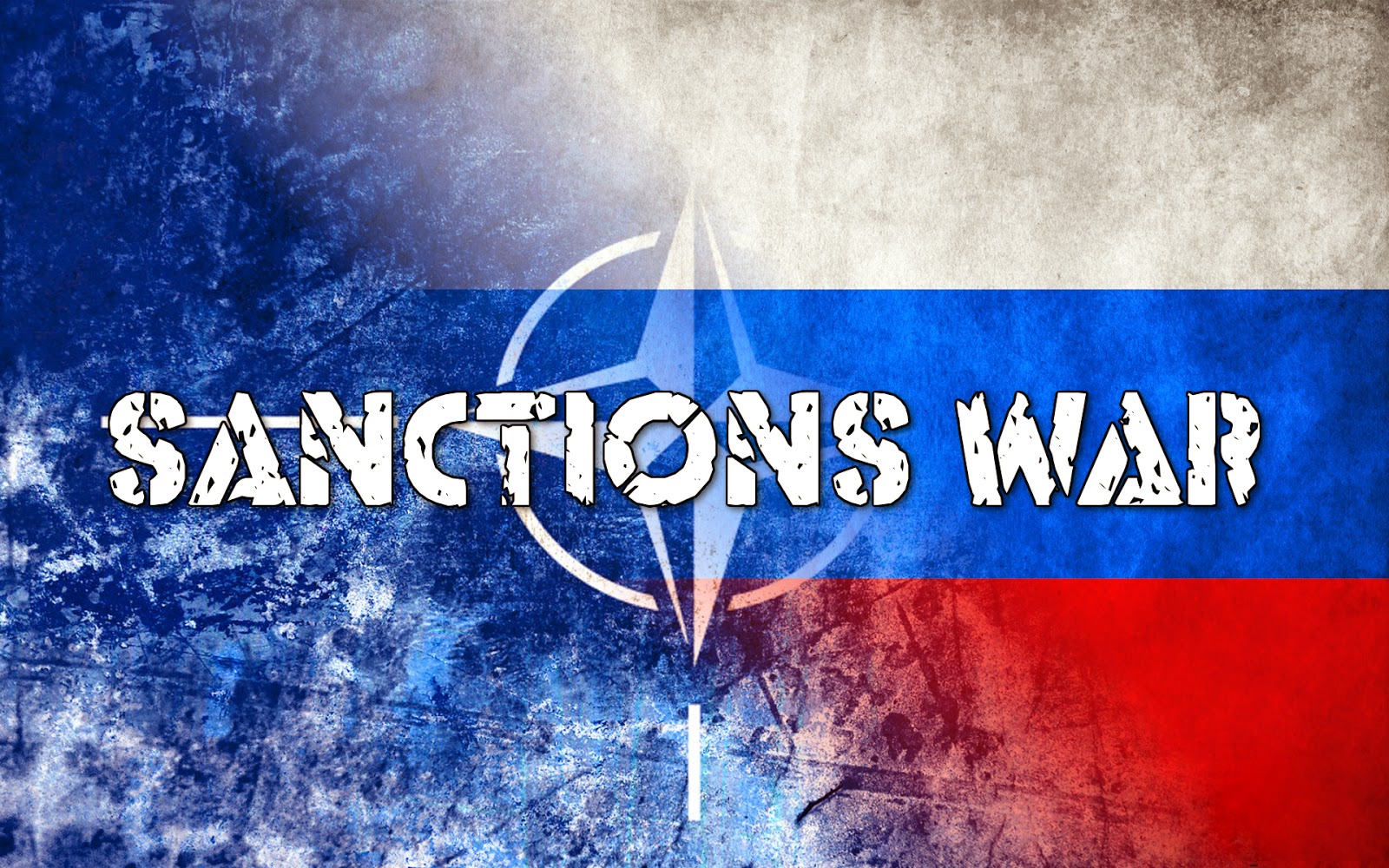European Union leaders have agreed to keep sanctions on Russia in place until the end of this year at the earliest.
The sanctions, imposed because of Russia’s alleged military intervention in Ukraine, are now linked to “complete implementation” of a ceasefire deal.
Last month’s deal envisages Ukraine regaining full control of its eastern border with Russia by the end of 2015.
The sanctions target major firms and political figures close to Russian President Vladimir Putin.
They are unable to get Western loans and their travel is restricted.
Pressure on Russia
The sanctions decision was agreed at an EU summit in Brussels.
Jump media playerMedia player help
Out of media player. Press enter to return or tab to continue.
The Ukrainian PM urged the EU to help “seal” Europe’s borders against Russian infiltration
“Our common intention is very clear – to maintain the sanctions until Minsk is fully implemented,” European Council President Donald Tusk said at a news conference.
He was referring to the ceasefire deal agreed in February in Belarus’ capital.
Thursday’s move is designed to force Russia to put pressure on the heavily armed pro-Russian rebels occupying parts of Ukraine’s eastern Donetsk and Luhansk regions.
The EU sanctions were imposed last July and were due to expire after a year.
A formal decision to extend the measures must still be made, and is expected in the summer.
Both Ukraine’s military and the rebels accuse each other of repeated shelling, but the fragile ceasefire agreed in Minsk, Belarus, is largely holding.
More than 6,000 people have died since the fighting in eastern Ukraine erupted last April, the UN estimates.
The Kiev government, Western leaders and Nato say there is clear evidence that Russia has helped the rebels with troops and heavy weapons. Russia denies that, insisting that any Russians on the rebel side are “volunteers”.
The clashes began a month after Russia annexed Ukraine’s southern Crimea peninsula.
‘Political weapon’
In Brussels, the leaders also agreed to make gas contracts with Russia more transparent, to avoid pricing disputes which have bedevilled such contracts in the past.
Many East European states in the EU rely heavily on Russian gas supplies. But the European Commission is investigating Russia’s Gazprom monopoly, suspecting it of overcharging for gas.
Mr Tusk said it was “unhelpful” that most bilateral gas contracts with Russia were long-term, sometimes agreed for 20 years.
That timescale gives Russia much leverage, and Mr Tusk said gas must no longer be used as “a political weapon”.
Ukraine is a key transit country for Russian gas deliveries to Europe, and previous price disputes have led to shortages, threatening the EU’s energy security.
It is not yet clear how the EU Commission will monitor future gas deals with Russia, to check compliance with EU law. The leaders stressed that confidentiality must still be respected for commercial contracts.
In a further effort to curb the Russian state’s influence in Europe, the leaders instructed EU foreign policy chief Federica Mogherini to draw up a strategy to counter Russian “disinformation campaigns”.
There are fears that the Kremlin is stepping up propaganda to influence opinion in former communist bloc countries, including the Baltic states, which have large ethnic Russian minorities.



Recent Comments
ritchie in: Poroshenko cannot see a log in his own eye: Ukrainian President called the DPR "a hopeless country"
Porky the compulsive sociopathic liar is only saying what his masters, ...
Виталий in: Обращение жителей Львова к жителям Донбасса
Жители Львова чистые зомби. Информацию получают только из зомбоящика. ...
roger in: Ukrainian embassy in Rome is so upset about Mozgovoy posters
Mr. Ukrainian Ambassador. You think you can efface the memory of a bra ...
vittorio in: Ukrainian embassy in Rome is so upset about Mozgovoy posters
how long to wait for these pathetic criminals to disappear from this w ...
Claudio Napoli in: Ukrainian embassy in Rome is so upset about Mozgovoy posters
It's the first time in years that the parasites of ukropian embassy in ...